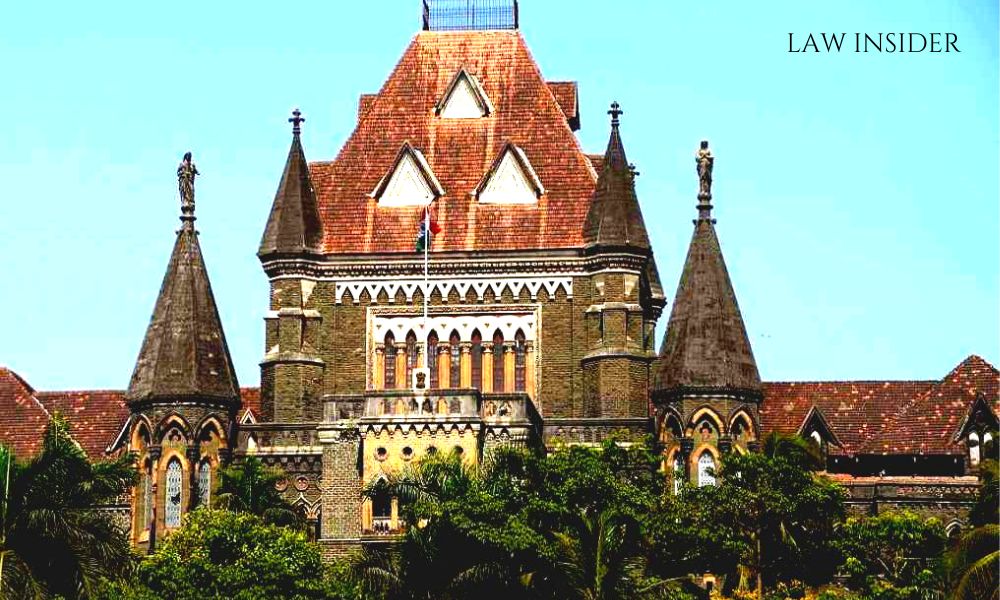LI Network
Published on: 26 August 2023 at 11:15 IST
The Bombay High Court, Nagpur Bench, has concluded a Criminal Writ Petition contesting the Sessions Court’s ruling, which rejected the filing of a Vakalatnama by Advocate More for the Respondent.
The Court emphasized that no provision within the Criminal Procedure Code (CrPC) permits an individual who has accepted a pardon to request its withdrawal and revert back to being treated as an accused.
The Court highlighted that without adhering to the procedure outlined in Section 308(1), the status of the approver cannot be changed to that of an accused.
“To relegate the approver to the position of an accused, the public prosecutor must certify that, in his opinion, the approver has either deliberately concealed vital information or provided false testimony, thereby failing to comply with the conditions of the tendered pardon…
It is evident that the CrPC does not contain any provision that empowers an individual who has accepted a pardon, subject to specific terms and conditions, to submit an application of this nature and seek the withdrawal of their approver application.
Notably, upon acceptance of a tendered pardon, the accused is discharged from the case. Consequently, that individual becomes a witness for the prosecution. The person cannot be relegated to the position of the accused without following the procedure outlined in Section 308(1) of the CrPC,” Justice G.A. Sanap ruled.
The State presented a Criminal Writ Petition challenging the Additional Sessions Judge’s decision, which dismissed the application by the Special Prosecutor.
This application sought the rejection of the Vakalatnama submitted by Advocate More on behalf of the Respondent, as well as the relocation of the Respondent to Central Jail.
The Respondent was a co-accused in a case involving offenses punishable under Sections 302, 364-A, 363, 201, and 120-B of the Indian Penal Code (IPC). These charges stemmed from the abduction of a minor girl, who was taken to an isolated location, drugged, and strangled.
The perpetrators subsequently incinerated the body and destroyed evidence. During the proceedings in the Sessions Court, the Respondent sought to become an approver. However, while the prosecution witnesses were being examined, the approver filed a pursis asserting her innocence.
She indicated that she had only applied to be an approver due to a lack of awareness about the law and on her lawyer’s advice. She aimed to retract her approver application.
The Court ascertained that the primary issue to determine was whether the approver should be allowed to withdraw their application to become an approver before the approver’s testimony was recorded and before adhering to the procedure outlined in Section 308 of the CrPC.
“The primary objective of granting a pardon is to secure the trial’s testimony from any individual believed to have direct or indirect involvement or awareness of an offense. Pardon is always granted under the condition that the individual provides a complete and truthful account of all circumstances within their knowledge concerning the offense and all individuals connected to it, whether as principal offenders or abettors in the commission of the crime. After a pardon is extended under such conditions and accepted by the accused, the accused is legally discharged from the case. Subsequently, the accused becomes an approver and a prosecution witness,” the Court noted.
The Court reiterated that Section 308 of the CrPC addresses the trial of an individual who fails to comply with the conditions of the pardon.
The Court emphasized that strict adherence to Section 308(1) is imperative for an approver to revert to their prior status as an accused. This section outlines the procedure for this transformation, necessitating certification by the public prosecutor confirming that the approver deliberately concealed critical information or provided false testimony.
The Court highlighted that only after obtaining such certification can the approver’s granted pardon be revoked, permitting prosecution for the offenses covered by the granted pardon and any related offenses, including providing false testimony.
Moreover, the Court highlighted that the trial of an individual whose pardon is withdrawn must be conducted separately from the other co-accused individuals.
The Court noted that if the approver fails to meet the conditions of the pardon, the legal consequences must be considered.
The approver cannot be tried jointly with the other accused and must undergo a distinct trial. The Court emphasized that the principal aim is to secure an eyewitness account of the incident through the approver’s testimony, who is typically an accomplice involved with the co-accused.
Additionally, the Court stated that the Respondent or approver had not yet testified as a witness prior to seeking withdrawal of her application to become an approver. Consequently, the judge did not adequately consider the provisions of the law.
“In my opinion, to relegate the approver to the position of an accused, the circumstances and conditions set forth under Section 308(1) of the CrPC must be established in a particular case. In this case, the respondent/approver did not provide testimony. She submitted the application to withdraw her approver application before providing testimony. The learned Judge in this instance completely overlooked the essence and substance of the statutory provisions,” the Court observed.

